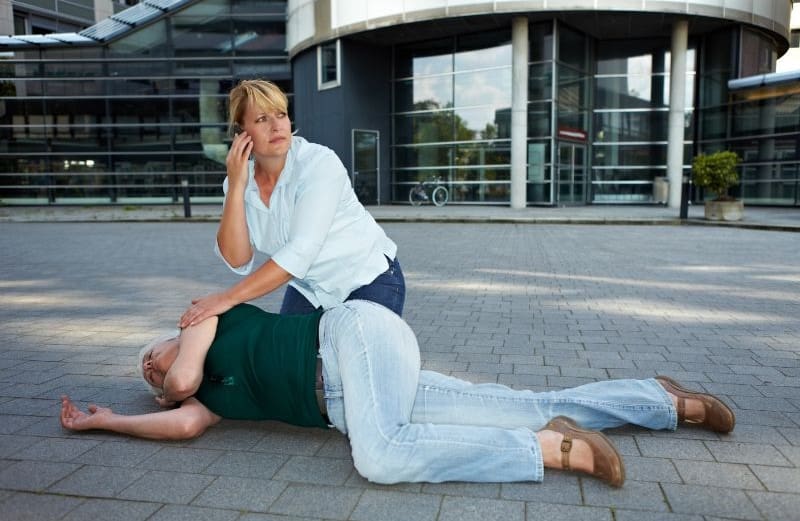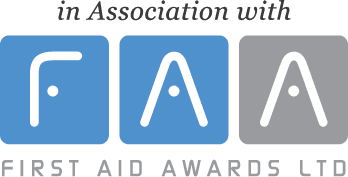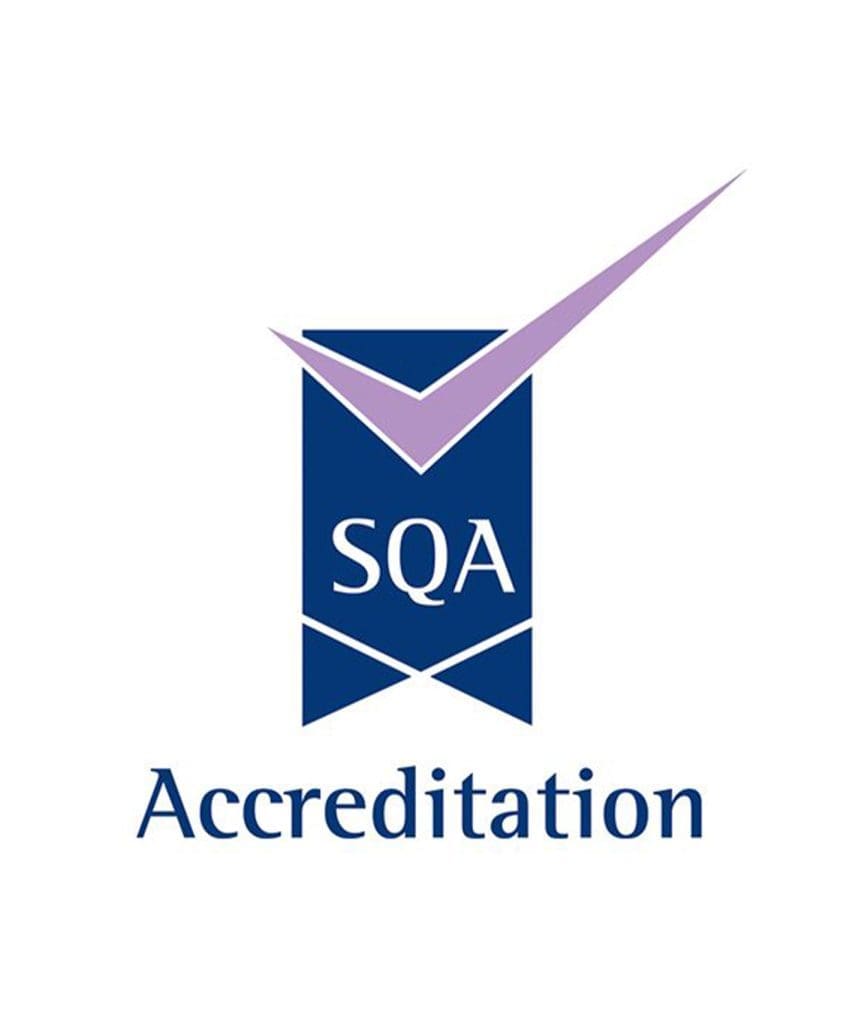Learn how to administer basic first aid for seizures
Watching someone have a seizure can be one of the most terrifying things to witness, but it does not have to be. At Cross Counties Training we are here to help answer questions and teach you basic first aid so if you are ever in a situation you can help someone having a seizure.
Remember, if you would like to talk to us about our first aid training provisions for businesses and organisations across the UK, call us on 01276 586943 or email us at admin@crosscountiestraining.co.uk.
What is a seizure?
Seizures are an irregular activity of the nerves in your brain; sometimes these irregularities can recur or become chronic. When seizures happen more often, this chronic neurologic disorder is called epilepsy.
It is interesting to note that you may have a seizure without epilepsy, but you cannot have epilepsy without seizures. If you have one seizure it does not mean you have epilepsy, but if you have two or more seizures 24 hours apart, doctors will generally test for epilepsy. Epilepsy can start at any age and there are several types which can occur.
Seizures don’t always appear as violent shaking. During some seizures, the person may remain alert and aware of what is happening around them. There are several types of seizures, but tonic-clonic seizures are the most common type people recognise and the one we are going to focus our first aid training on. Tonic-clonic seizures may cause you to cry out, fall to the ground, or experience strong muscle jerking or contractions.
Why do people get epilepsy?
Epilepsy is diagnosed in several steps, but first, your doctor will want to be sure you don’t have any other conditions that might be causing seizures. E.g. diabetes. If there are no underlying conditions the doctor will look for other possible causes of epilepsy which include:
- Stroke
- A brain infection, e.g. meningitis
- Severe head injury
- Brain damage from lack of oxygen
In some cases, it may not be possible for your doctor to determine the exact cause of your epilepsy. These conditions are usually called idiopathic, or of unknown origin.
What to do if someone is having a seizure?
If you think someone is having a seizure you can provide essential emergency first aid that will help keep them safe:
Do:
- Protect them from injury (remove harmful objects from nearby)
- Cushion their head
- Look for an epilepsy identity card or jewellery
- Time how long the jerking lasts
- Aid the breathing by gently placing them in the recovery position once the jerking has stopped
- Stay with them until they are fully recovered
- Be calmly reassuring
Do not:
- Restrain their movements
- Put anything in their mouth
- Try to move them unless they are in danger
- Give them anything to eat or drink until they are fully recovered
- Attempt to bring them round
Call an ambulance if:
- You know it is their first seizure
- The jerking continues for more than five minutes
- They have one tonic-clonic seizure after another without regaining responsiveness between seizures
- They are injured during the seizure
- You believe they need urgent medical attention.
How is epilepsy treated?
There are a lot of medications used to control seizure activity and epilepsy, and there’s no one best treatment for everyone. Your doctor will need to do specific tests and maybe even try a few different medications to find the right one to manage your specific type of seizure.
Can you outgrow epilepsy?
Being born with epilepsy doesn’t necessarily mean you’ll have the condition forever. Some childhood seizure disorders fade in adulthood, while others don’t start until the teen years.
The occurrence of epilepsy is most common in childhood or after age 60. For older adults, common causes are a stroke, traumatic injury, and drug and alcohol use.
The good news is that there are many options for medications that manage seizures. If one doesn’t work for you, don’t worry. Your doctor may need to try several medications, a combination of therapies or lifestyle changes to find the right solution.
The bottom line
Seizures can happen to anyone at any time. It is important to be prepared in case of an emergency. That is why we offer Emergency First Aid classes so that you can learn the causes of seizures, how to identify a seizure, and what to do if someone is having a seizure.
Take a look at these certified First Aid training courses to help you and your business to be prepared:
- Emergency First Aid at Work (1 day)
- Emergency First Aid at Work requalification (2 days)
- Emergency First Aid Sports and Leisure (2 days)
- Emergency First Aid Specialist at Work (3 days)
Our classes are taught by highly experienced and knowledgeable instructors who will help you feel confident in your ability to administer first aid.
We believe that everyone should have access to this information, which is why we are offering our First Aid at Work training for 10% less during the month of November for businesses who book 6 clients or more. We hope that by teaching people how to respond to someone who is having a seizure, we can help make the world a safer place for everyone.
If you would like to speak to us about how we could help with your training requirements, please call us on 01276 586943 or email us at admin@crosscountiestraining.co.uk for hassle-free bookings.








